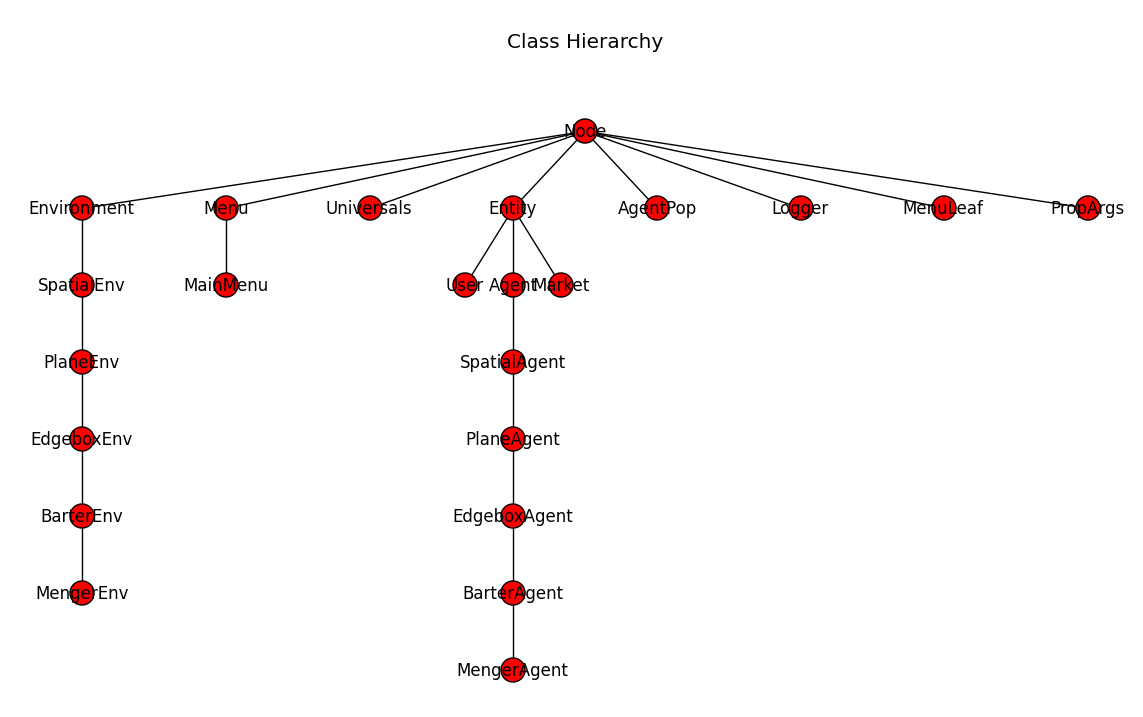A group of pilgrims is lost on the slopes of an inhospitable mountainside. A cold rain is falling, night is approaching, and the pilgrims lack food, fire, and tents. But at the top of the mountain, there is a warm, secure, well-supplied shelter. If the pilgrims can just reach that shelter, they will be saved. And, just as they despair of ever reaching it, lost as they are, a guide, who has been to the mountaintop, appears. He tells them, "Follow me, or you will be lost." There are other guides on the mountain as well, on other slopes, who also know the way to the top. If these pilgrims were on the same slope as those other guides, those guides might well lead them to the top. But it would be recklessly irresponsible for this guide, the one who actually found them, to say, "Well, you know, I am just one choice among several guides, and you might consider the following other options for how you might proceed... " No, these pilgrims have encountered this gui...

